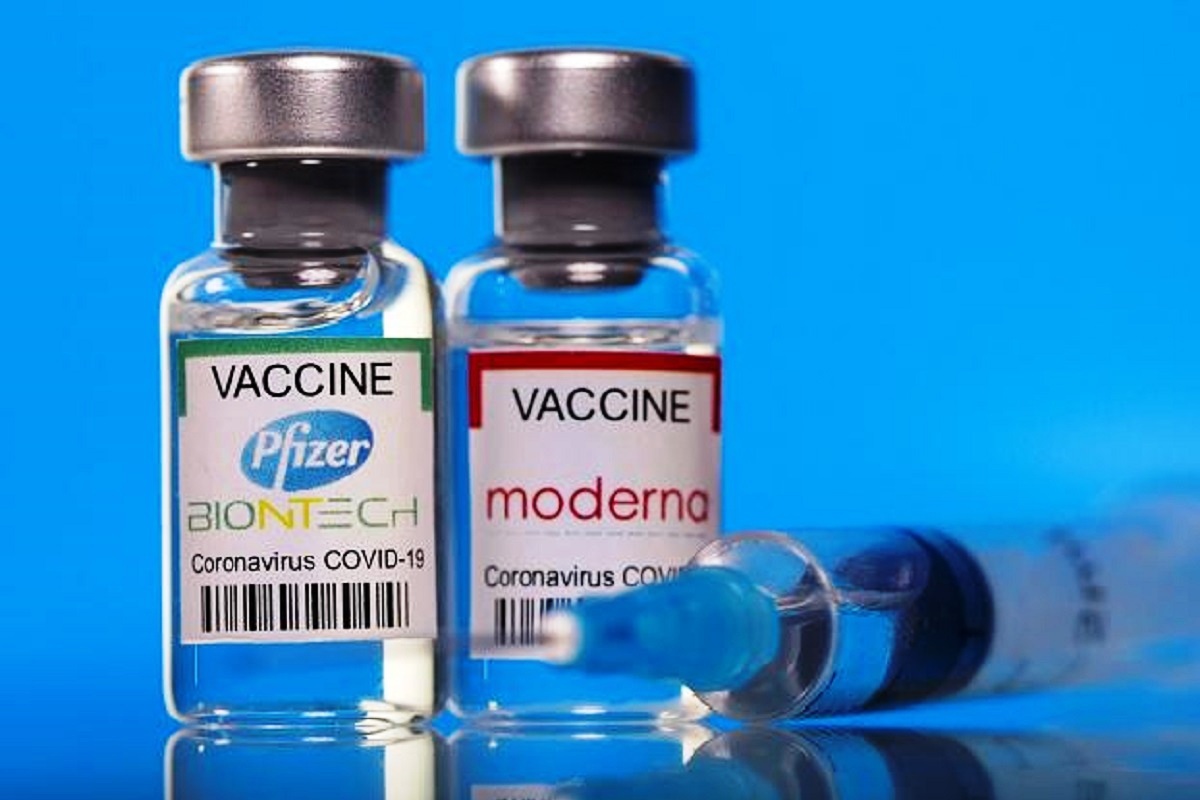Joe Biden’s gesture towards coronavirus patients is in refreshing contrast to the direly ignoble attitude of his predecessor, one that has wrecked the health of the nation and its economy.
The US President has announced he will send an additional 20 million doses of vaccines abroad by the end of June including, for the first time, shots approved for domestic use, where supply is beginning to outstrip demand. In a remarkable bout of benevolence, almost exceptional, the United States will export 20 million doses of vaccines from Pfizer, Moderna Inc. or Johnson & Johnson.
Advertisement
This is in addition to 60 million AstraZeneca doses that he had already planned to give to other countries, according to a senior administration official. Reports suggest that the measures constitute only the first step as America rivets its attention to quelling the pandemic abroad. Mr Biden had previously pledged that the US would soon become an “arsenal” of global vaccine supply. It will be a rare distinction should the supply chain ~ across the world ~ attain fruition.
The American President will also announce very shortly that he is appointing Jeff Zients, who has served as the White House coronavirus response coordinator, in charge of his effort to beat back the pandemic globally. Mr Zients will work with the National Security Council and other agencies to export doses abroad. While it wasn’t clear which countries would receive US shipments, the announcement is indubitably a watershed moment in the pandemic and what they call a “pivot” for Biden’s administration.
The US government, under two Presidents, claimed nearly all of the several hundred million doses of vaccines produced on its soil. That approach allowed Mr Biden to advance what has been one of the most successful domestic vaccination efforts in the world, but stoked inequities between nations that can produce their own shots and those that cannot. Pfizer, Moderna and Johnson & Johnson vaccines are authorized for use in the US, but AstraZeneca’s shot is not.
The United States is set to cross a threshold of 60 per cent of adults who have received at least one shot. Meanwhile, several low-income nations and even some fairly developed ones, notably India, are struggling to secure supplies of vaccines.
People are queueing up since dawn and returning home having drawn a blank. Covax, a global programme aimed at easing vaccine procurement and access for lower-income countries, is facing a supply shortage and expects the shortfall to reach about 190 million doses next month, according to UNICEF, one of its partners. Mr Biden had previously pledged up to $4 billion for Covax.
He has faced pressure to do more to help the world, as the US winds down nearly all mitigation measures such as masking while other countries try to quell fresh outbreaks and new variants with limited vaccine supply. The US President has launched what he calls a “new phase” of his pandemic effort.
















